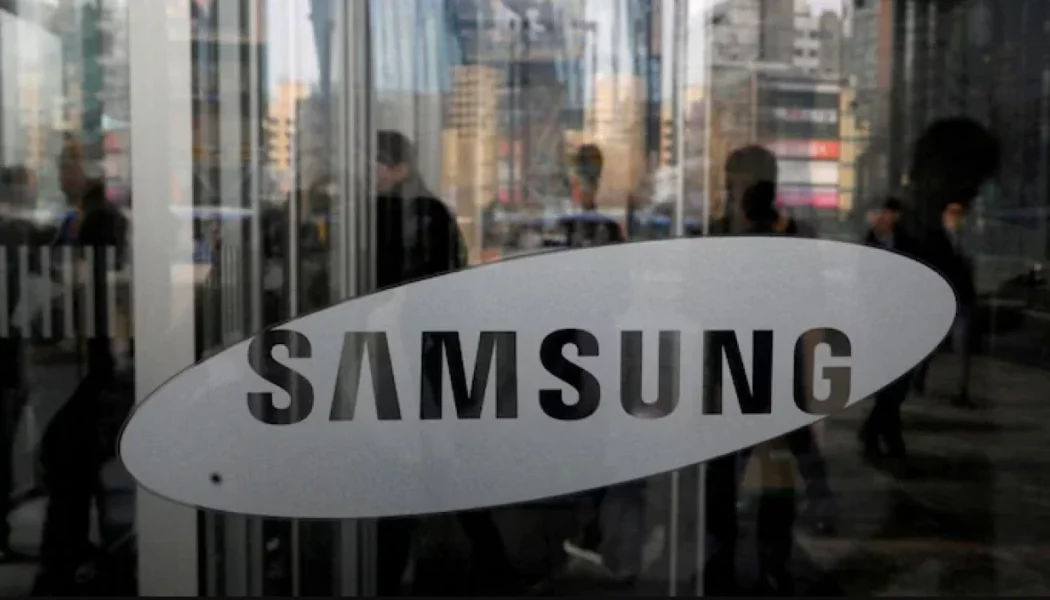It’s been a month since the first strike against Samsung, the electronics giant, made headlines. At the time, the employees have only been absent from work for one day in South Korea after announcing their planned strike on May 29, 2024. The striking employees used their yearly leave to stage the walkout, which did not impact work or production. Now, the National Samsung Electronics Union (NSEU), which has at least 28,000 members, has planned a three-day strike that is expected to hamper production.
The three-day walkout is projected to draw more than 6,500 workers, largely from manufacturing and product development groups. However, analysts anticipate that production and operations will not be seriously impacted.
This union represents approximately 22% of Samsung Electronics’ 1.25 lakh employees, and they are requesting more compensation, as well as improvements in incentive payouts, union members’ leave, and other benefits.
Clearly, the workers are dissatisfied. The semiconductor manufacturing sector’s growing reliance on artificial intelligence is exacerbating its problems.
The Union was founded only approximately five years ago and has only recently began to raise awareness among members about their rights and the different issues that must be addressed. The union wants a day off for all employees and a large wage rise for those who did not sign the 2024 compensation negotiating agreement. It also seeks more paid leave for workers, as well as reimbursement for wage losses incurred during strikes.
If the workers’ demands are not met, there may be additional strikes. Samsung has granted pay and leave flexibility, but employees want higher earnings, more leave, and a fair and transparent bonus system.
While senior staff and executives are paid bonuses based on their own performance targets, lower-level awards are purportedly computed by subtracting the cost of capital from operating earnings.









